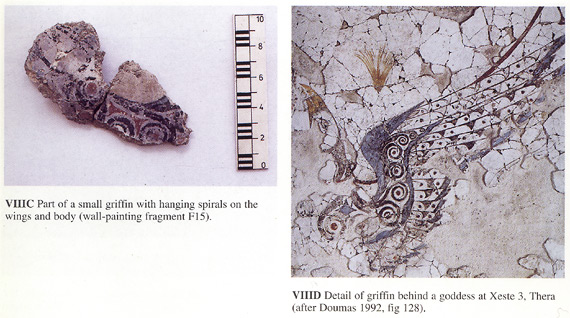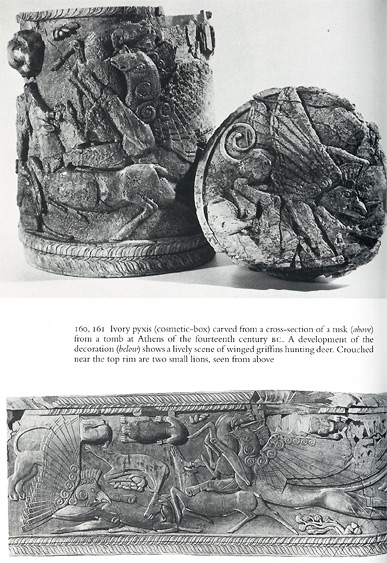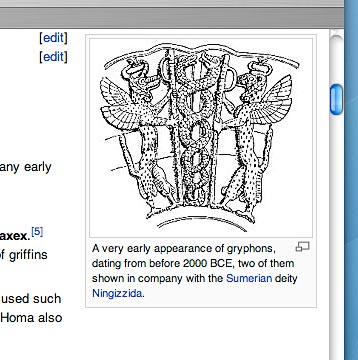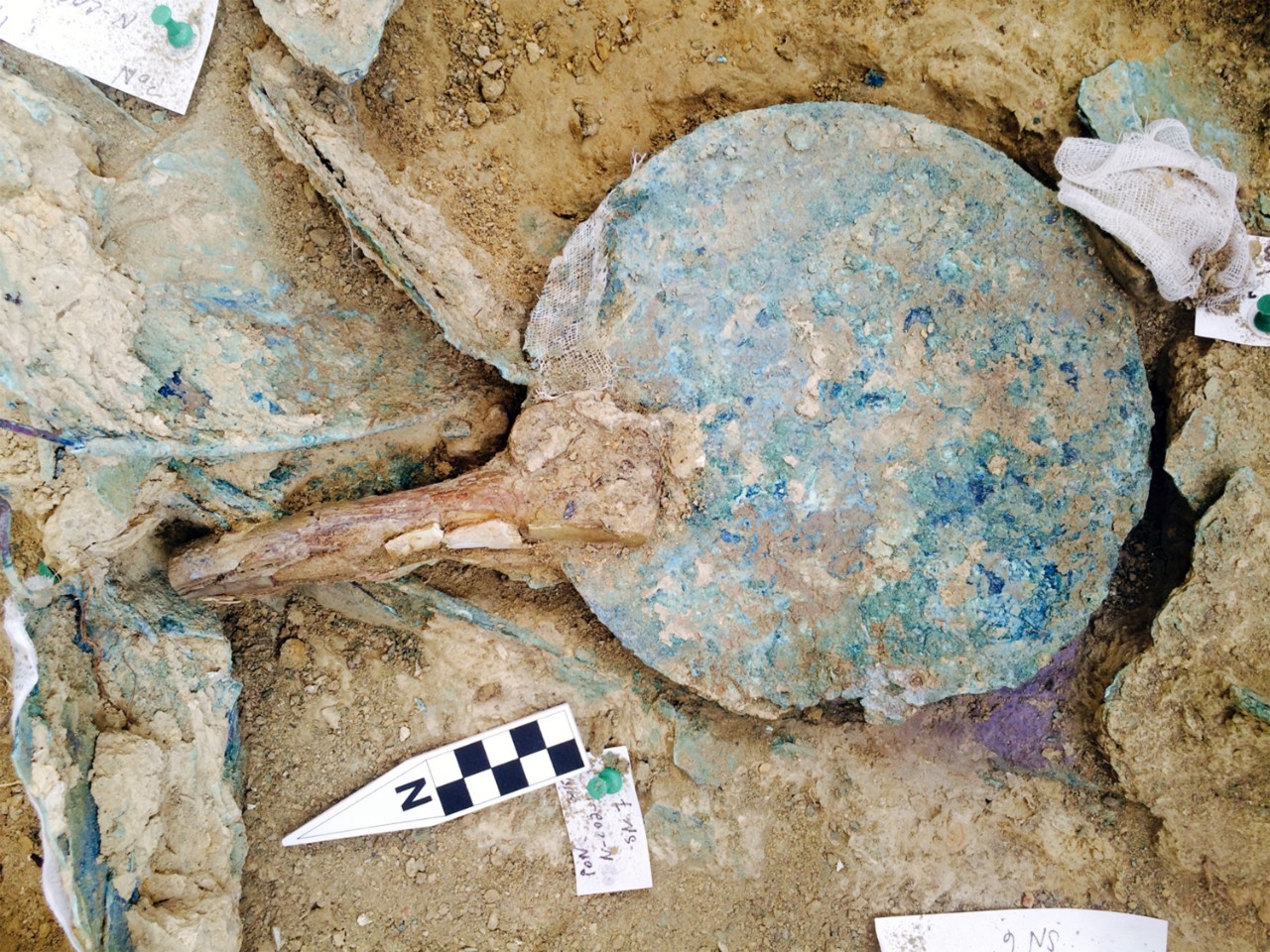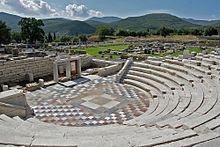Let me make couple of remarks on the economy and then go to today's agenda. Most of us are just back from the Washington IMF meetings therefore the energy level was very low, everyone was jet lagged which made my life a lot easier. The low energy level would also go for the world economy, where trade is slow and risks are in international markets. Interestingly enough, the last years that I've been to the IMF Europe and Eurozone is always considered a risk. But at the moment the growth in the Eurozone is above average of the developed countries and even higher than in the US. So it was, from the Eurozone prospective, quite a change in terms of the debate.
It's fair to say that the Eurozone is more resilient now. The policies and reforms are paying off. Growth is continuing and the growth rate for the Eurozone had actually been upgraded a slight 0.1 percentage point by the IMF, so we're still going in the right direction. It says in my text "all but one of our economies" have returned to growth, but I believe also Greece has now had three consecutive quarters of growth. So that's where we are. Today we first of all had a discussion on Greece. We heard from the four institutions on the completion of the implementation of the 15 open milestones which enables us all to close the first review. Important reforms have been undertaken on pensions, energy sector, bank governance, as well as on the setting up of the privatisation fund and the revenue agency. We have issued a statement on that so I can be brief. This progress enables the ESM to disburse EUR 1.1 bn remaining under the second tranche. There has also been substantial progress on arrears clearance in July and August, which is essential to strengthen the economic recovery. Technical work will continue to gather the September data. This always takes a number of weeks to complete these data, so that cannot be helped, it cannot be done faster. We hope and presume that before the end of October those data are available. They will then be assessed by the institutions and on that basis the ESM Board of Directors could decide on the disbursement of EUR 1.7 bn. So this is specifically for the clearance of arrears. So that's also good news. We will now focus on the second review, which we expect to be completed swiftly and we will come back to that in next meetings. Next on our agenda was one of the thematic discussions on growth and jobs. This time we looked at long-term healthcare and long-term care, looked at public expenditures and how to secure fiscal sustainability. This is of course an important issue for our countries given our ageing societies. High government debt, and the budgetary pressures posed by population ageing make the sustainability of health systems a matter of common concern. On the basis of a report done by the Commission, we discussed where we are, what the challenges are and what good practices we have. Expenditure projections indicate substantial risks and financial challenges in health systems, looking at the horizon 2060, and we should be taking steps now to avert those risks. We looked at various policy options and will further investigate how best to take this work forward. This issue will also be tomorrow on the Ecofin agenda. Finally on our agenda we took stock of current fiscal issues. Work progresses on some adjustments regarding the procedural aspects of draft budgetary plans, how to deal with those, and also we were updated by the Commission on the ongoing structured dialogue with the European Parliament. This is about the suspension of structural funds for Spain and Portugal. Finally we have planned to discuss draft budgetary plans, which will be coming in the coming days at the Commission, to discuss those on the 5th of December in the Eurogroup. That's all from me. | 

